PORTLAND ANXIETY THERAPY WITH MARY DIORIO
Learn how navigate your emotions and release anxiety.

If you need support getting out of your own way or navigating a difficult life transition, I can help you find more calm and positivity, and start living life to the full. I provide highly personalized psychotherapy for those struggling with Anxiety, conditions such as Generalized Anxiety, Social Phobia & Obsessive Compulsive Disorder. Whether you’re dealing with loss, divorce, a family member struggling with addiction, or a sudden life or career change, I have a knack for resolving uncomfortable emotions in a way that feels light and empowering.
THERAPIES & PRACTICES TO OVERCOME EATING DISORDERS
Therapy (CBT)
CBT is a highly effective therapy for mood disorders as it brings awareness to negative thought patterns and behaviors that keep us stuck in anxiety or depression. It helps clients create healthier mindsets, and offers practical strategies to overcome day-to-day challenges.
Therapy (EFT)
Dialectical Behavior
Therapy (RO DBT)
HERE’S SOME MORE INFORMATION ON THE MOOD DISORDERS I TYPICALLY TREAT:
Social Phobia is an intense fear of social situations that goes beyond normal shyness and has a severe negative impact on a person’s life. A person suffering from social phobia tends to be highly self-critical and afraid of being judged by others. They sometimes go to great lengths to avoid everyday human interactions such as going into a store, spending time with friends, dating, or working with other people. Social phobias often hinder an otherwise successful career or hold a person back from certain goals that require interaction with others. When thrust into a stressful situation, a person with social phobia may experience sweaty palms, heart-pounding or heart-palpitations, dizziness, shortness of breath and nausea.
When left untreated, social anxiety tends to worsen over time and could lead to complete isolation, depression, and sometimes agoraphobia.
Obsessive-Compulsive Disorder (OCD) is characterized by obsessive thoughts which are considered intrusive or unwanted, followed by compulsive actions in response to the thoughts. OCD thoughts and behaviors differ from person to person. A common example though is for a person to have obsessive thoughts about germs followed by compulsive hand-washing.
Those who suffer from OCD can feel like they are stuck in an endless cycle. This is an emotionally exhausting, not to mention time-consuming, mental disorder, which can interfere with a person’s normal day-to-day life. Fortunately, there are proven, evidence-based treatments available.
Post Traumatic Stress Disorder (PTSD) is an anxiety disorder brought on by experiencing or witnessing a traumatizing or terrifying event. Symptoms can include intrusive flashbacks, nightmares, avoidance behavior, changes in mood or personality, and severe anxiety. Symptoms of PTSD may change in intensity over time. A person whose PTSD symptoms have lessened may suddenly be caught off guard when a normal situation unexpectedly triggers a flashback or panic attack. Psychotherapy can help a person to process and integrate past traumatizing events so that they are no longer controlled by them.
Try a free 15 minute session with Mary

Hi, I’m Mary DiOrio. I specialize in the treatment of anxiety and depression related issues as well as other related psychotherapy needs. I’m here to help you find the change, relief and lightness you’re looking for. I have helped countless people overcome serious challenges, sometimes even when they didn’t believe they could be helped at first. If you suffer from an ongoing struggle, why not try a free, confidential 15 minute consultation session with me? We will connect over phone or HIPAA compliant telehealth platform and discuss what is holding you back and what the path forward might look like. For many, this first step is often a glimpse that relief is possible.
